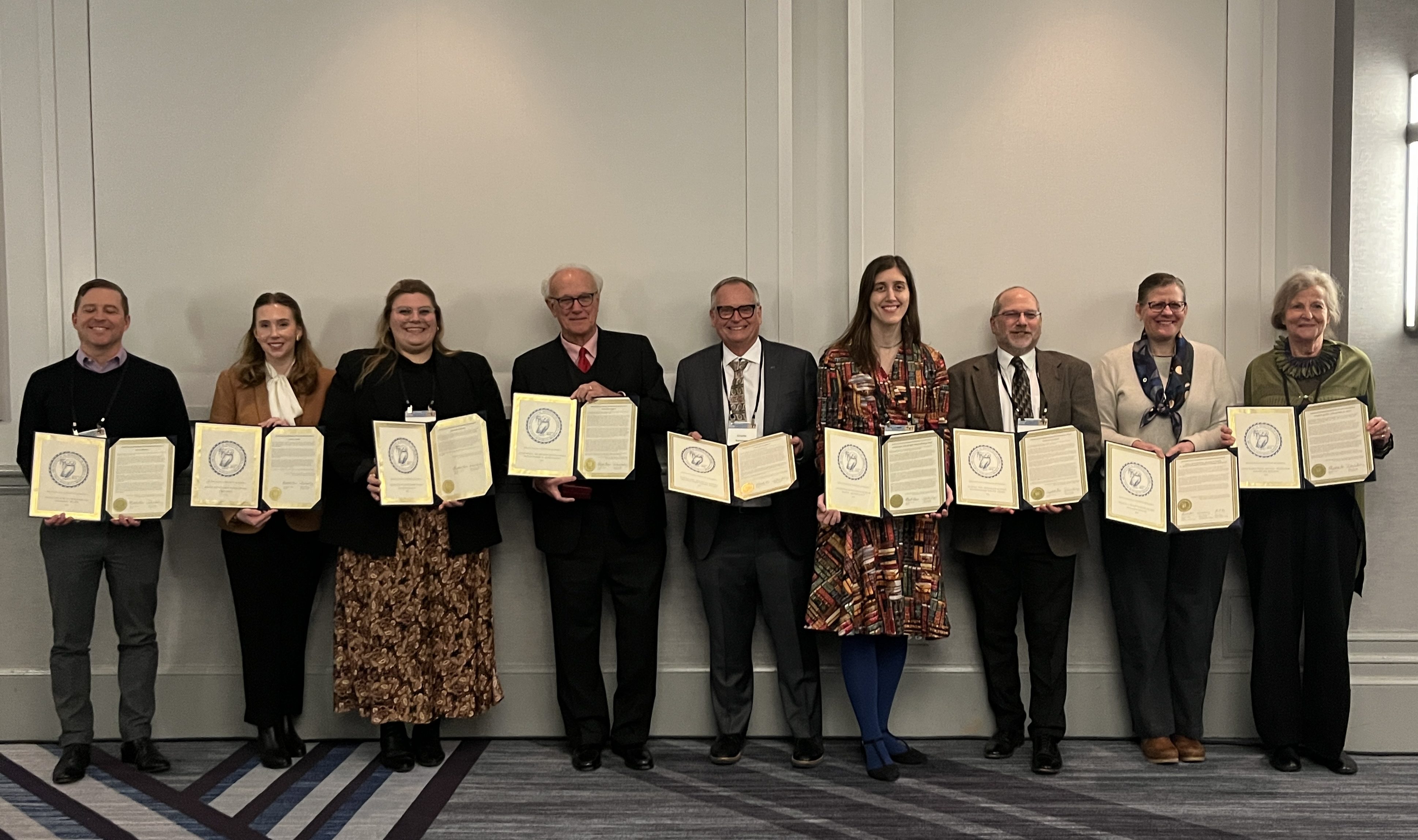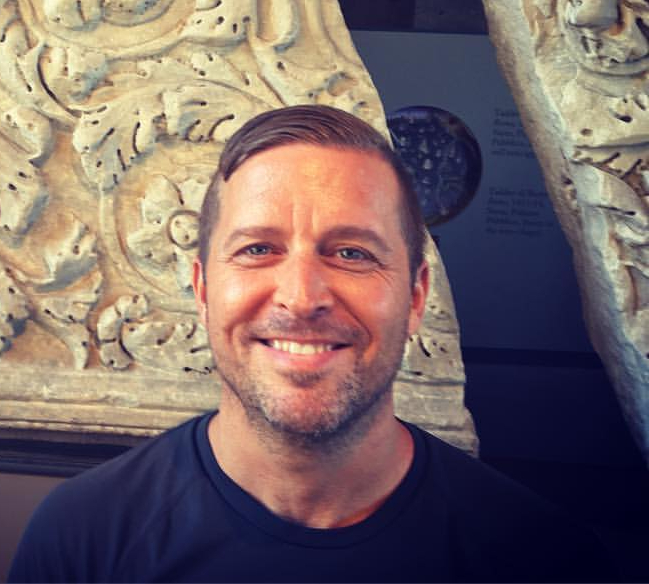March 22, 2024

Congratulations to the individuals, projects, and publications that received awards at the 2024 AIA Award Ceremony in Chicago, IL! We have reached out to last year’s winners to learn about their projects, experiences, and what drew them to the field of archaeology.

Dr. Sinclair Bell
Award: Excellence in Undergraduate Teaching Award
Deadline: June 1, 2024
What drew you to archaeology?
I grew up in Saudi Arabia, where I had lots of opportunities to travel around the Mediterranean with my parents. Having been exposed to classical sites at an early age and to my parents’ enthusiasm for ancient history, and then taking Latin in high school, it was hard not to become an aspiring archaeologist by the time I reached university.
Tell us about your history with the AIA:
I have a long history with the AIA as a member. I have also contributed extensively to its journal, the AJA, with book reviews over the years. And I have been proud to represent the organization by giving numerous lectures as a National Lecturer.
What is your favorite class to teach?
It is very difficult to select a single course as my favorite, because it really is the students who determine the success of any given semester. That said, students tend to respond most enthusiastically to my lecture courses on Etruscan art and Roman imperial art, topics for which I myself have a lot of enthusiasm for!
What is your favorite moment as a teacher?
There is probably no single favorite moment, but rather different instances of the same, particular phenomenon: getting notes from students about how they had traveled to Rome or elsewhere in Italy or around the Mediterranean and encountered some of the works of art and architecture that we discussed in class. These messages typically arrive many years after the class in which the students were enrolled. Sometimes they have a spouse with them, even a family. I really treasure these messages as they show me the different ways in which they continue to carry the knowledge and passion with them, long after they have stopped being students in my classroom and are out in the world. Knowing that I have had that kind of long-range, positive influence is probably my most rewarding feeling as an educator, especially as you can never predict where and when the messages will come from or who the sender will be.
Can you share a funny anecdote from your years in teaching?
About a year after a student took my survey course in Etruscan art, I received a note from a colleague who was now teaching that same student but in an art history program at another university, where they had transferred. The message included only a screen shot of the student’s required journal entry, which began something along the lines of this: “Today was an exciting day! I got to see examples of Etruscan art that I learned about with Prof. Bell, etc.”
I was both amused and energized to see that Etruscan art could still inspire excitement in a younger generation, and that I had had a small hand in introducing the material to the student.
Questions? Learn more about AIA Awards here or reach out to awards@archaeological.org